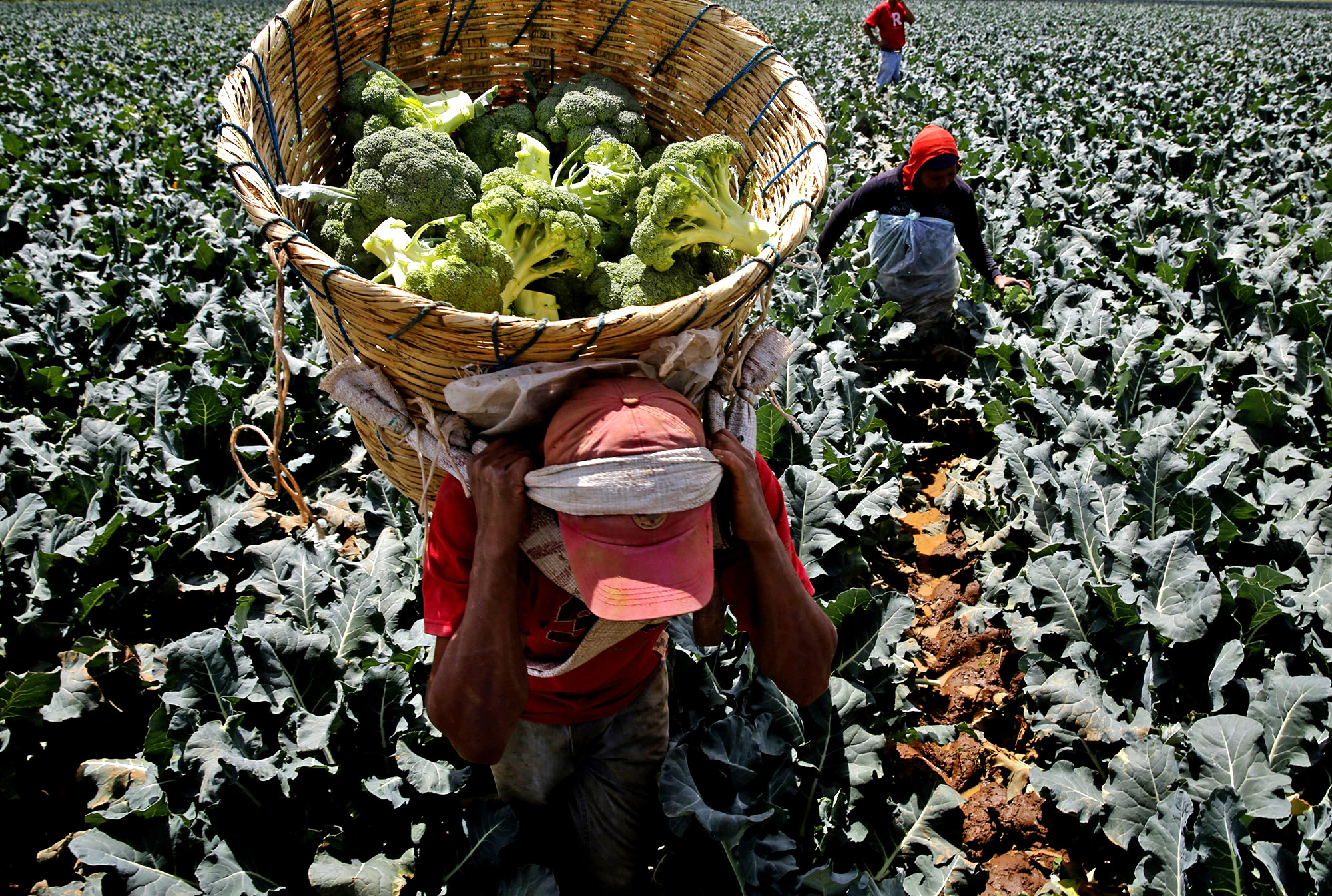The MIF and GESGIAP will implement a mechanism to compensate Mexican producers for soil carbon capture and to mitigate climate change
[ Español ]
The Multilateral Investment Fund (MIF), member of the Inter-American Development Bank (IDB) Group recently approved a US $845,000 for a project with the Sierra Gorda Ecological Group, I.A.P (GESGIAP). The project will seek to enhance the capacity of 5,000 small-scale producers and market gardeners to mitigate and adapt to climate change through the transfer of a holistic management approach that will allow them to regenerate the soil, improve productivity and generate ecosystem services, such as carbon sequestration and water infiltration. The adoption of the holistic approach will also help them increase their income, lower costs for inputs and get compensation for carbon sequestration in the soil.
Soil degradation in Mexico affects two out of three hectares, resulting in a loss of 10% of the Gross Domestic Product (GDP). This issue is affected by weather events like floods, droughts and changes in the frequency and intensity of rain, but the main cause of soil degradation in the country (35%) is associated with agricultural and livestock activities. The agricultural sector is regarded as one of the main contributors to the emission of greenhouse gases (GHGs) but at the same time the sector has significant potential for mitigating climate change. According to the Special Climate Change Program 2014-2018 for Mexico, by 2020 the agricultural sector will be the fifth leading GHG emitter in the country, accounting for 14% of emissions. The program’s main strategies include the implementation of sustainable agricultural, forestry, and fishery practices that reduce emissions and the vulnerability of ecosystems and the development of instruments to promote their implementation.
The approved project aims to address this problem through three actions. First, it will build awareness, train and provide technical assistance to producers through workshops, the establishment of demonstration pilots, the development of grazing plans as well as regional and national forums that facilitate exchanges of knowledge between peers. Second, a measurement, reporting and verification (MRV) system will be designed and implemented to promote transparency in the actions of mitigation attributed to the adoption of the holistic management methodology (monitoring soil carbon sequestration and biological recovery). Third, once the mitigation actions are verified, small-scale producers will be compensated, for their use of the holistic methodology, by a sub-national mechanism that will channel resources from environmental taxes to make the payment for environmental services to small producers. Additionally, these compensations will be offered to companies and/or individuals that wish to neutralize or mitigate their carbon footprint through an online platform.

